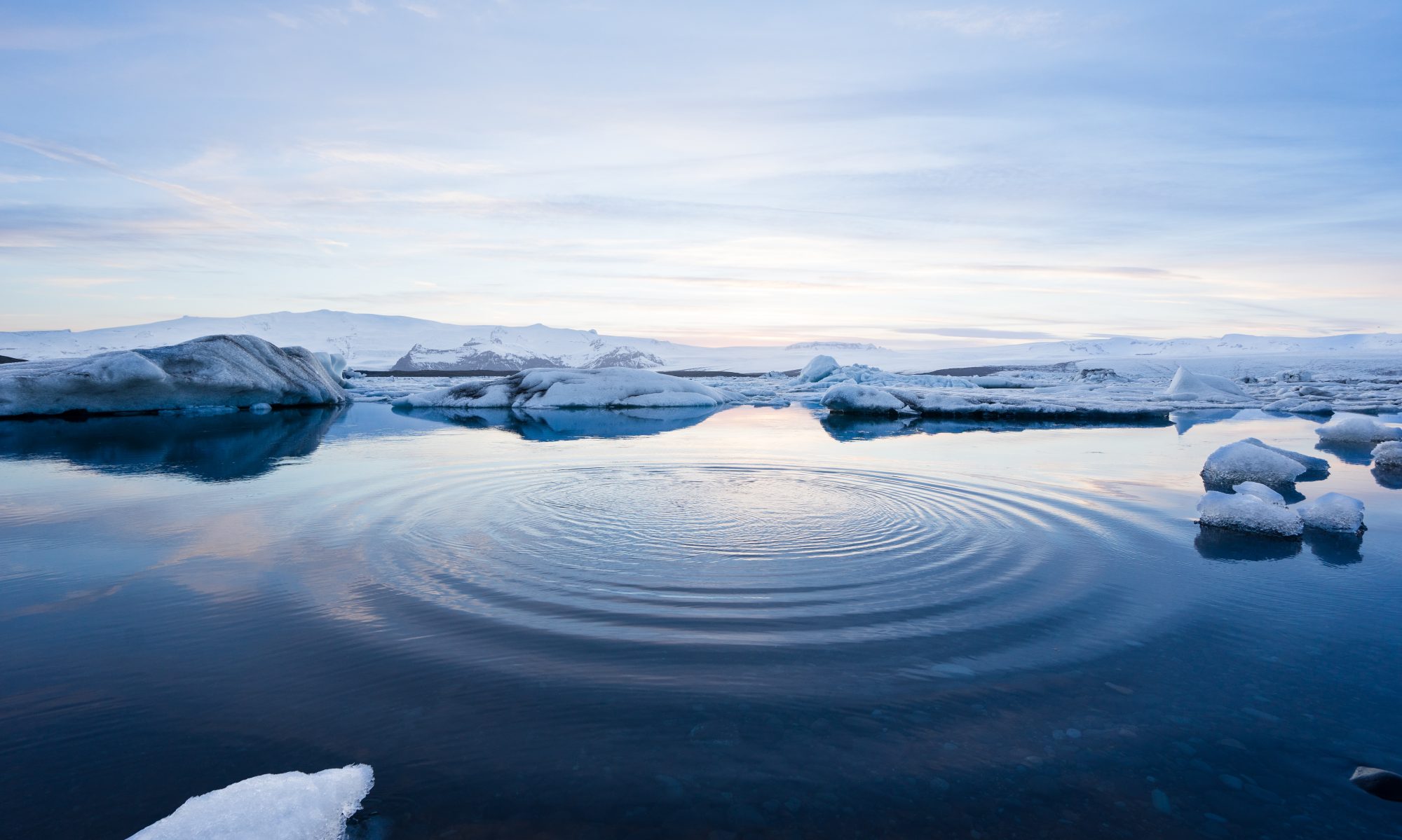Sustainability – A European Perspective.
This keynote address by Giles Hawke of the Globus family of brands UK takes a distinct look at sustainability from a European perspective and explores the challenges unique to this region, what Governments and industry are doing, what are the solutions in play and what are the successful outcomes we can all learn from.
Brochures, straws and more: Can the industry really reduce its environmental impact?
For years, brochures have been a mainstay of the travel industry – not to mention documentation wallets, destination guides, plastic promotional items and other marketing collateral. This controversial panel will debate the pros and cons of paper and plastic consumption. How essential is it to the travel industry? Can we go paper and plastic free or are we anchored too heavily to our habits and the way things are today?
Innovation; the key to unlocking sustainable practices to deliver cleaner cruising.
In this session Daniel Skjeldam demonstrates how through innovation and sustainable practices, he is seeing Hurtigruten Cruises develop the most environmentally-advanced hybrid cruise ships in the world and championing the concept of ‘cleaner cruising’.
How the cruise industry is working towards a sustainable future.
Cruise Lines International Association (CLIA) has announced a historic global cruise industry commitment to reduce the rate of carbon emissions across the industry fleet by 40 percent by 2030 – just one of a host of initiatives by cruise lines to reduce their environmental impact. But how is this being done, and what will need to change to make it a reality?
Travel with a purpose; the importance of giving back.
Intrepid Travel is one of Australia’s largest privately owned travel companies, with an annual turnover in the hundreds of millions and a portfolio of wholly-owned Destination Management Companies around the world employing locals who work to facilitate Intrepid trips. The company is B-Corp certified and has a firm sustainability agenda. This keynote by Leigh Barnes showcases how purpose and giving back can form a central part of an enriching travel experience as well as align with a core company philosophy.
Purpose and Profit; how businesses can achieve both objectives.
Exploring the business case behind why firms inside and outside of the travel industry are choosing to meet verifiable social and environmental performance, public transparency and legal accountability to balance purpose and profit.
Investment in sustainability – does the big end of town really care?
Environmental, social and ethical initiatives in travel businesses are all well and good – but when it comes to potential investors do they just care about the bottom line? Ross Piper has extensive experience in micro-finance as the director of several European banking operations established by World Vision, and is now running one of Australia’s top ethically-focused superannuation funds. This session looks at the current global ethical investment environment, and why travel and tourism businesses can do well by doing good.
Unleashing the beast: tourism and animal welfare.
There’s been a massive shift in approaches to tourism involving animals in recent years, with several major operators removing elephant riding, aquatic shows, bullfighting and more from their programs. This has come at a significant cost for some. Andrew Hutchinson speaks about the impacts of these changes and how the travel and tourism sector can help change global attitudes to animal exploitation.
Making a difference on the ground: The impact of supporting local communities and indigenous tourism through travel.
Travellers today are seeking authentic experiences and interactions with locals. This panel highlights some real world examples of how operators can create a “virtuous circle” by supporting people on the ground to make their best efforts to welcome customers into their communities.
Plastic, we’re drowning in it. Why the travel and tourism industry must help turn the global tide of plastic pollution.
Where do you start when the turquoise waters off Bali are opaque with plastic waste? When plastic bottles and rubbish is lapping at the shores of the Galapagos Islands, piling up on Mount Everest and settling into the nooks and crannies of the Mariana Trench? In less than a century, plastic has found its way into every aspect of our daily lives; most of us are wearing it, eating it and drinking from it, sitting on it, walking on it and probably even ingesting it. Plastic is a fantastic, life-changing high-performance material – but one third of all the plastic ever manufactured has leaked into our natural environments devastating wildlife and ecosystems. Only nine percent of the rest has been recycled worldwide. From grass roots clean-up crews to corporate boardrooms, we’re urgently looking for solutions. What can the travel and tourism industry do when destinations are being ‘trashed’ and more and more travellers are looking for experiences that ‘don’t cost the planet’?
Conservation and the importance of responsible travel to enable future generations to explore the planet.
Small scale tourism can offer real environmental and social benefits to communities. In Melanesia, where Professor Tim Flannery has worked for 40 years, controlled visits by small groups of respectful tourists are keenly anticipated and benefit not only the community but also enrich the traveller experience. Conservation projects, including marine conservation areas, and the preservation of culture, have resulted from such sustainable tourism practices.
Tackling overtourism.
With global tourism forecast to grow at a significant rate for the foreseeable future, overtourism is a key challenge that must be addressed to ensure the long-term sustainability of the industry – not to mention the planet and some of its most beautiful places. This panel discusses some of the threats and opportunities posed by overtourism.

